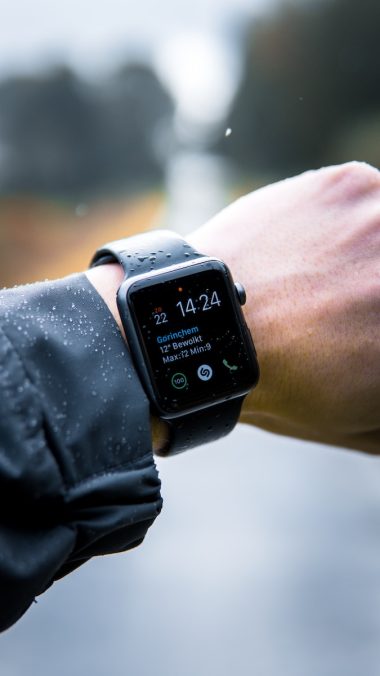Losing hair can be a pain for anyone. Recently, folks have been chatting about intermittent fasting not just as a way to drop a few pounds but as a potential fix for hair loss. Let’s get into the nitty-gritty of it and see if it’s something worth considering.
What is Intermittent Fasting?
Intermittent fasting is a simple eating pattern that alternates between periods of eating and fasting. It focuses on when you should eat, rather than what you should eat. Many people follow the 16/8 method, where you fast for 16 hours and eat during an 8-hour window.
Another popular method is the 5:2 approach, eating normally for five days and reducing calorie intake on two days. This method helps your body rest from constant digestion and can lead to health benefits like weight loss and improved metabolism. It’s gained popularity for its straightforward approach and flexibility, making it easier to fit into different lifestyles and dietary preferences.
How Could It Help Your Hair?
Intermittent fasting might help your hair in a few ways:
- Balanced Hormones: It can balance hormones like insulin and growth hormone, which might reduce hair loss. By fasting, your body adjusts how it uses energy, which can lead to a more balanced hormone level.
- Reduces Inflammation: Fasting is known to lower inflammation in the body. Since inflammation can contribute to hair loss, reducing it can help keep your hair healthy.
- Improves Blood Flow: Some believe fasting boosts blood flow, including to your scalp. Better blood flow can nourish hair follicles, encouraging growth and strength.
These effects come from the overall benefits of fasting on your body’s health. Remember, while these points suggest potential benefits, fasting is not a guaranteed solution for hair loss. It’s one of many lifestyle choices that might improve your hair’s health.
But, Does It Really Work?
So, does intermittent fasting really help with hair loss? The straight answer is that there’s no clear evidence it does directly. While fasting can improve your overall health by balancing hormones and reducing inflammation, these benefits don’t guarantee hair growth. Hair loss is a complex issue, often caused by factors like genetics, diet, and stress.
Intermittent fasting might indirectly support hair health through improved bodily functions, but it’s not a standalone solution. Everyone’s body reacts differently, so while some might see benefits, others may not notice a change. Though, for quicker results, you can try consulting hair restoration specialists, as they can offer advice tailored to your specific health needs and conditions.
Things to Consider Before You Start
Before you jump into intermittent fasting, here are a few things to keep in mind:
- Check with a Doctor: It’s smart to talk to a doctor before starting intermittent fasting, especially if you have health issues. They can tell you if it’s safe for you.
- Nutrition Matters: During your eating times, make sure you’re getting all the right nutrients. Eating a balanced diet is key to supporting your overall health, including your hair.
- Listen to Your Body: If you start feeling unwell or notice any negative changes, fasting might not be for you. Everyone’s different, so what works for one person might not work for another.
Taking these steps can help make sure you’re going about intermittent fasting in a healthy way that suits your body and lifestyle.
Final Verdict
In conclusion, while intermittent fasting has some potential benefits that could indirectly help with hair loss, it’s not a guaranteed solution. Balancing your diet, managing stress, and maintaining a healthy lifestyle, in general, are all crucial for good hair health. If you’re considering fasting, make sure to do it safely and with the right intentions towards your overall well-being.








